Keywords: Black Lives Matter
There are more than 24 results, only the first 24 are displayed here.
Become a subscriber for more search results.
-
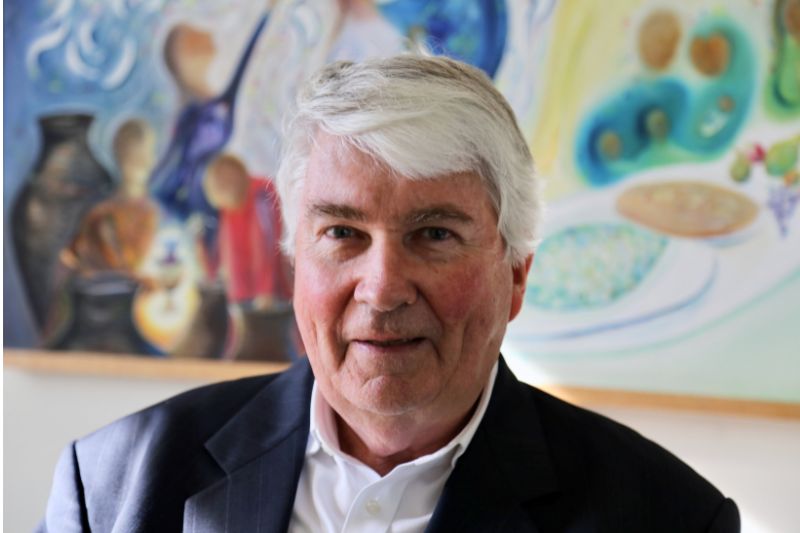
RELIGION
- Jim McDermott
- 13 March 2025
Frank Brennan wears his prominence lightly. A priest, lawyer, and tireless advocate for Indigenous rights and refugees, he is as at home in political corridors as he is at the dinner table, welcoming friends with stories and good cheer. Now, celebrating 50 years as a Jesuit, he reflects on faith, justice, and a life of service.
READ MORE
-
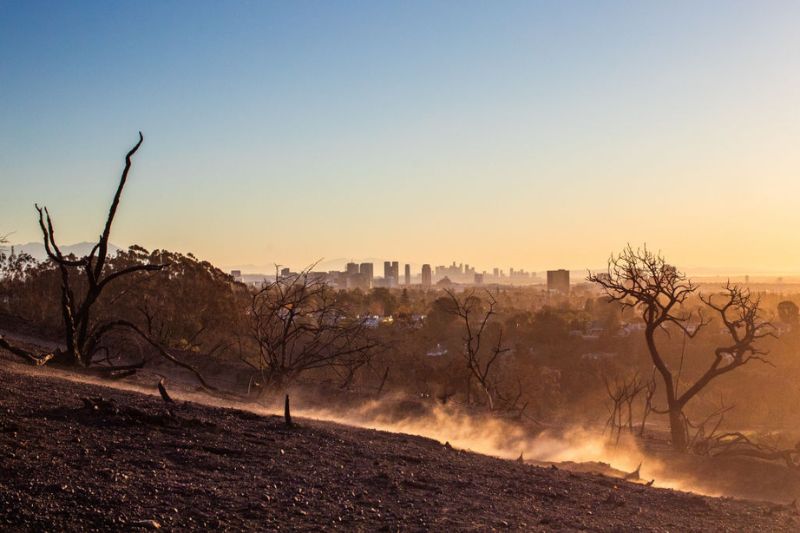
INTERNATIONAL
- Jim McDermott
- 16 January 2025
In Los Angeles, wildfires blur the line between disaster and daily life. Evacuation alerts, smoke-filled horizons, and neighborhoods turned to ash coexist with packed restaurants and holiday plans. As the fires rage on, one question persists: is this the new normal?
READ MORE
-
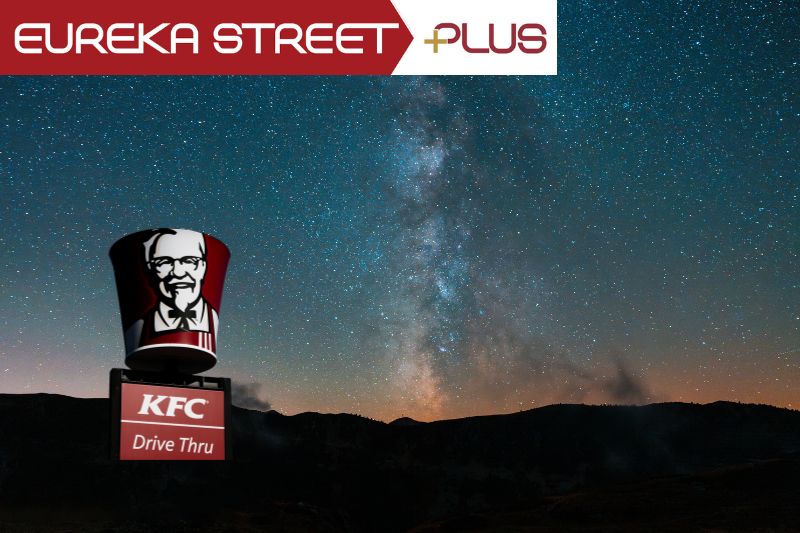
AUSTRALIA
- Michael McGirr
- 22 November 2024
3 Comments
There’s this other place that is neither heaven nor earth but which you might find in the car park of the third busiest KFC in Melbourne, waiting for your son to finish his shift. A bin beside the car is overflowing with all the packaging that comes with fast food, not to mention the remains of poor dead chooks whose life it is hard to imagine.
READ MORE 
-
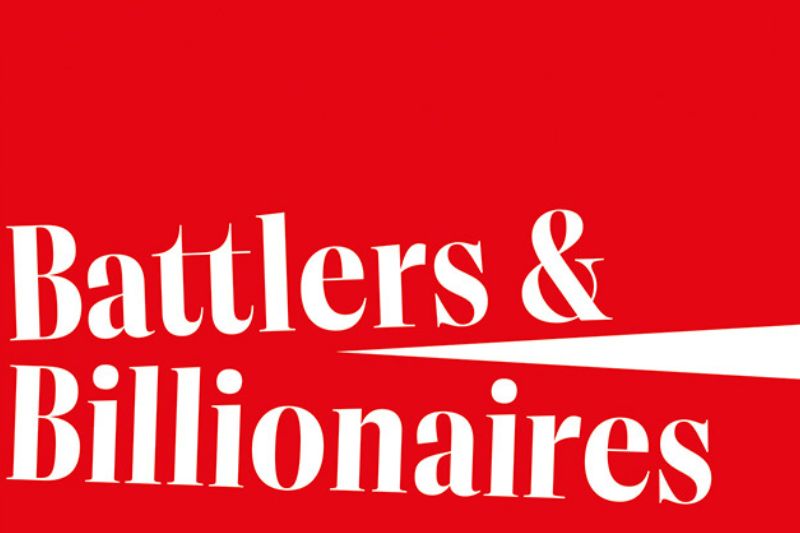
AUSTRALIA
- Andrew Hamilton
- 03 October 2024
1 Comment
In Andrew Leigh's new book, he argues that inequality matters because it threatens the sense of fairness that is central to our well-being, because inequality prevents the less well off from moving to relative affluence, weakens democracy, and erodes understanding of and commitment to the common good.
READ MORE
-
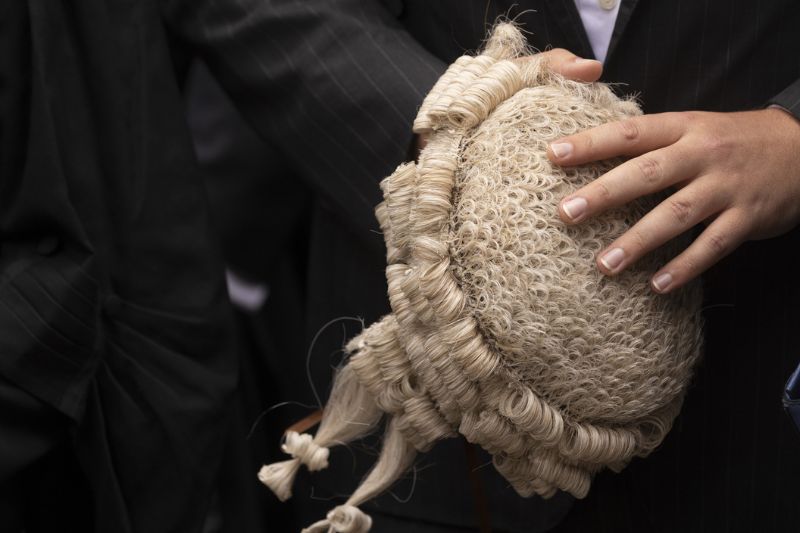
AUSTRALIA
- Frank Brennan
- 20 August 2024
6 Comments
In the aftermath of the failed Voice referendum, questions arise about the legal profession’s role in public discourse. Was this a missed opportunity for legal experts to provide critical analysis and guidance on such a significant constitutional matter?
READ MORE
-

ARTS AND CULTURE
- Gillian Bouras
- 02 August 2024
Conforming and belonging to a genre, in this case, ‘post-colonial, outback noir eco-fiction’, does not mean that a novel is not worthy. With rich symbolism and lyrical prose, Hills challenges readers to confront uncomfortable truths about Australian history, land ownership, and the inescapable consequences of past actions.
READ MORE 
-
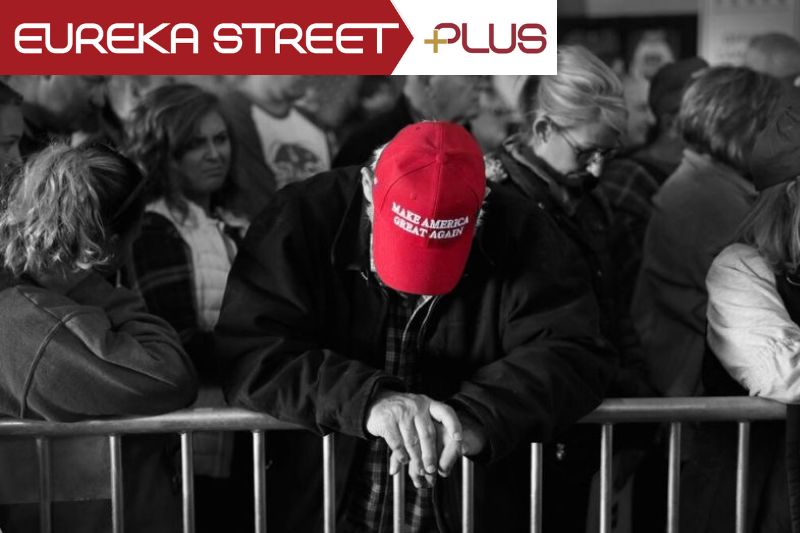
INTERNATIONAL
- Peter Craven
- 25 July 2024
It’s easy, isn’t it – much too easy – to invoke the standard response that only in the so-called Land of the Free could these things transpire. A vulgar, mendacious man who has refused to believe that he lost the last election is now the improbable victim of an assassination attempt. And the incumbent president, who has not done badly at his impossible job, surrenders his chance at re-election.
READ MORE 
-
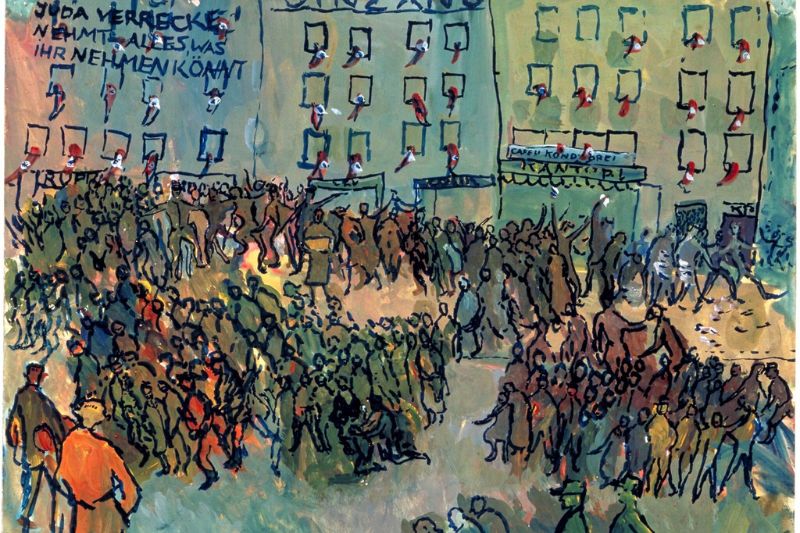
AUSTRALIA
- Warwick McFadyen
- 27 June 2024
1 Comment
To be complicit, must you share the same intent? If one says nothing, does nothing, does this signify complicity? Is there then such a thing as an innocent bystander?
READ MORE
-
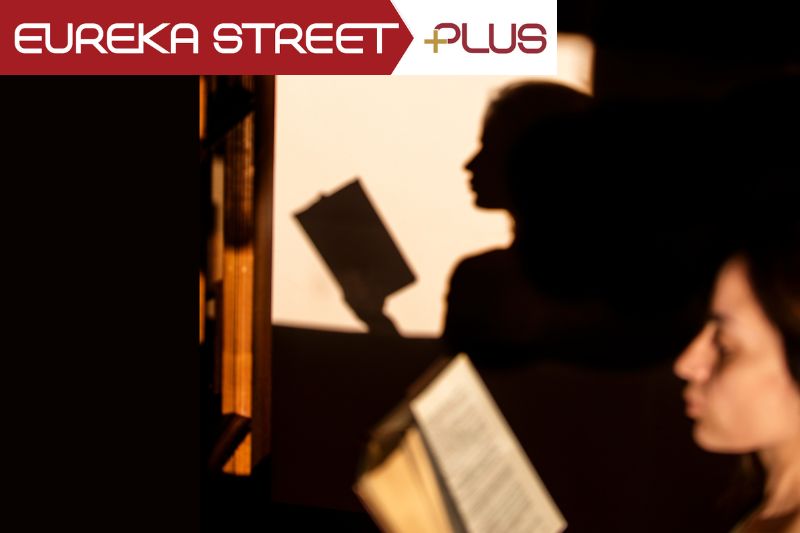
ARTS AND CULTURE
- Michele Frankeni
- 24 June 2024
1 Comment
I’m not sure if it’s age, personal experience or the way the world has changed but some favourite authors no longer have the same attraction they did 30 years ago. To the extent where I find that some of my favourite books now belong to a past self.
READ MORE 
-
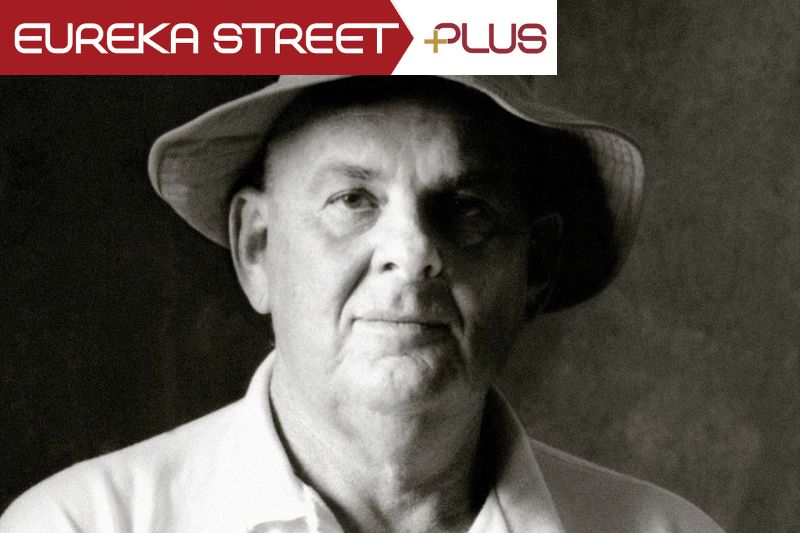
ARTS AND CULTURE
- Paul Mitchell
- 10 May 2024
2 Comments
Les Murray once confessed it was his mission to 'irritate the hell out of the eloquent who would oppress my people,' by being a paradox that their categories can’t assimilate: the Subhuman Redneck who writes poems. And therein lies the ‘poem’ of Les Murray: complex, contradictory, sublime, and sometimes ready to whip his enemies with a scorpion’s tail.
READ MORE 
-
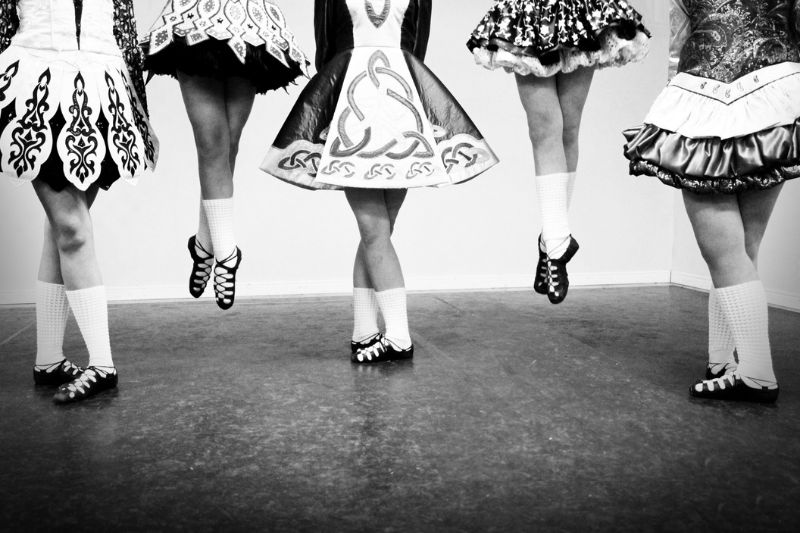
AUSTRALIA
- Sheila Ngoc Pham
- 14 March 2024
1 Comment
Watching your child perform and be judged is a sure way to make you feel ‘all the feels’. Yet this is what happens every month throughout Australia at feis — Irish dancing competitions. Welcome to the world of competitive Irish dancing, which reaches peak visibility around this time of year because of St Patrick’s Day.
READ MORE
-
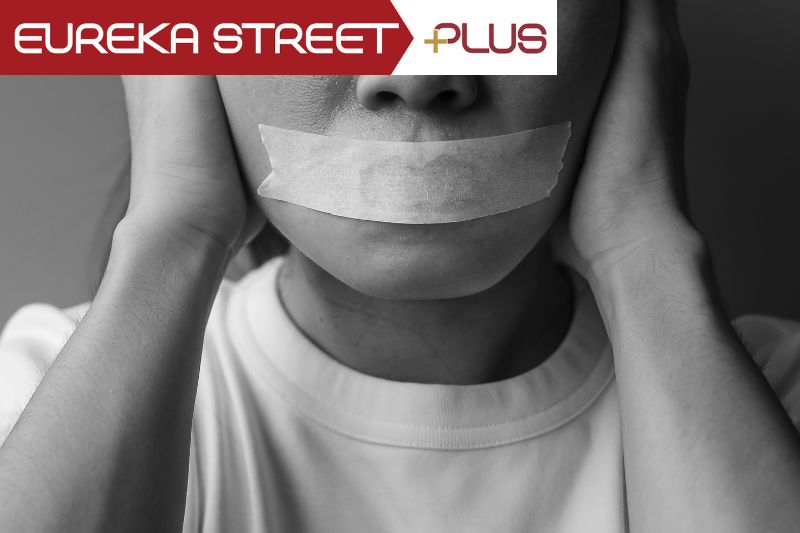
AUSTRALIA
- Holly Lawford-Smith
- 02 February 2024
1 Comment
How can we make progress on the question of whether debate can do harm, and if it can, whether that’s a sufficient reason to suppress particular debates? Or should we adopt a ‘no debate!’ approach to particular topics ourselves?
READ MORE 